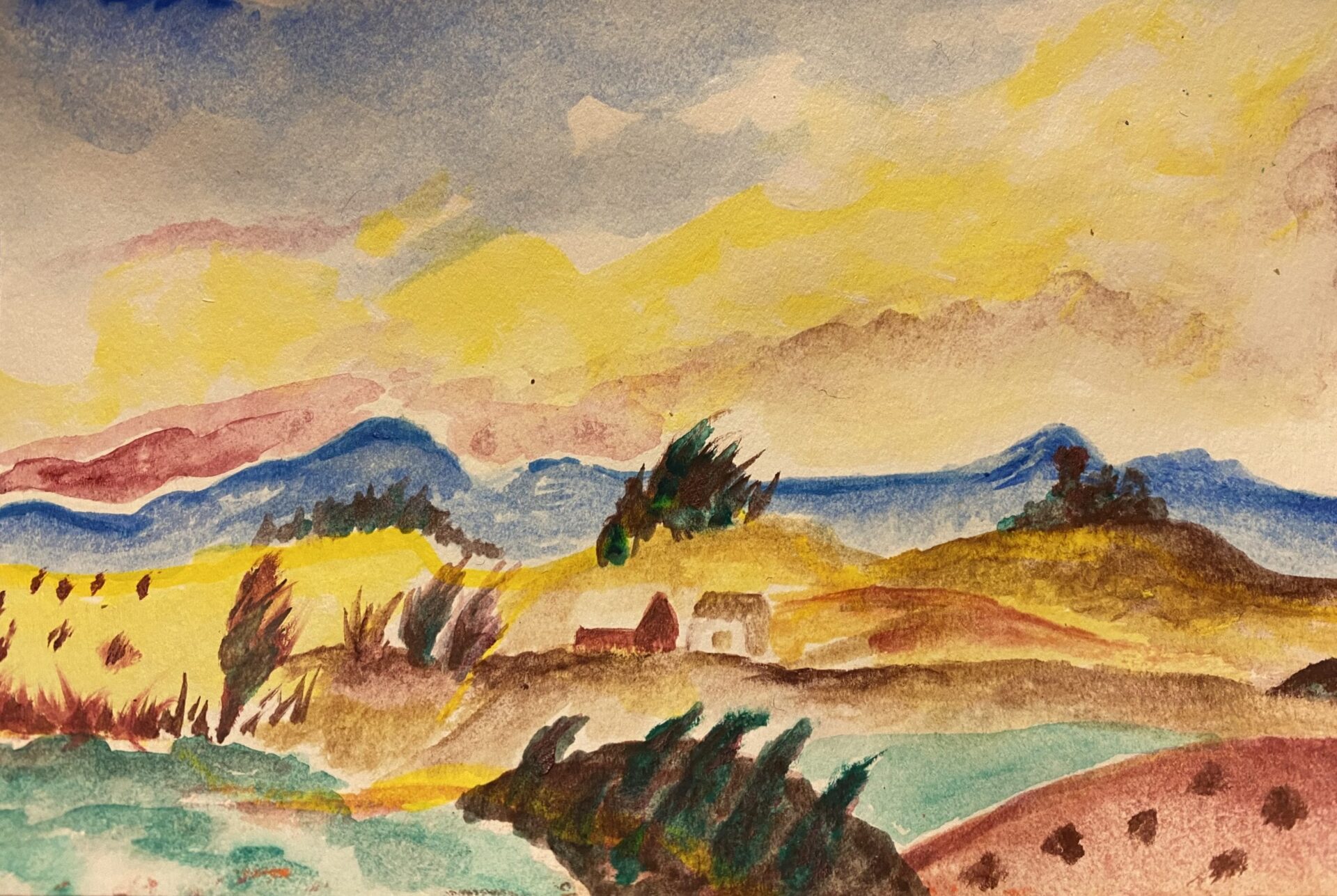by Patrick McNerthney
Last Sunday, at 50 years old, Phil Mickelson became the oldest golfer to win a major championship (it was his sixth). Maybe he read our last blog post about how important it is to keep taking shots! Okay, maybe not, but we can dream, can’t we?
During his post-tournament interview Phil was asked, “As age crept up, you never let that get in the way. How did you do that?”
He answered, “Worked harder.”
I know: Worst. Answer. Ever.
I don’t want to work harder. No way, I want there to be a 1-800 number to call where I talk to a psychic and they tell me my future (which they obviously describe as “great”) and I just kind of walk into it, knowing it’s all going to work out.
 (The cards say, “Patrick, things look awesome, take a nap.”)
(The cards say, “Patrick, things look awesome, take a nap.”)
Or if not a psychic, perhaps there’s a book available that can tell me what (simple and easy) steps to take in order to create the future I desire.
Unfortunately, Phil didn’t stop with a two-word answer. No, he went on in detail to describe his process:
“I just had to work harder, physically, to be able to practice as long as I wanted to. And I’ve had to work a lot harder to maintain focus throughout a round.”
So things aren’t looking good for the chronically lazy such as myself. But then comes the dagger:
“Although I believed it, until I actually did it, there was a lot of doubt.”
Crud.
What’s happening here are two things: Phil believed for a long time that he could play at a high level again, but he wasn’t executing the way he knew he could. So in order to marry his belief with his execution he worked harder, and in the course of this action, removed doubt. And for a professional athlete at any time in his/her career to say, “I just had to work harder” means they must have worked REALLY, REALLY hard because, after all, they are professional athletes to begin with and no one works harder or practices harder than the pros.
So it all comes down to this:
“Attitude follows action far more often than action follows attitude. We change our mood as a result of how we act. If you want to feel a certain way, begin by acting as if you do.”
– Seth Godin
 (I want to feel this way!)
(I want to feel this way!)
Think about that: You change your mood as a result of how you act.
This is why:
- Physicians and therapists tout the benefits of daily exercise
- Executive coaches encourage business leaders to develop a daily gratitude practice
- Some NFL football players practice mindfulness exercises to be present during competition
- Some college football players meditate in order to sleep better the night of a big game
And of course, this is why Phil Mickelson won. By taking action (practicing harder) he changed his attitude (removed doubt/became confident and rich in belief in himself).
Over to you. What do you want to change about your attitude? Is it being more positive in the way you serve your residents and loved ones? Is it having a sense of optimism and hope after a hard year? Is it simply feeling energized again, rather than depleted from weathering the pandemic?
Whatever you want to change about your attitude, Fine Art Miracles can help. Our belief is that the act of engaging in creative art therapies changes people’s lives. Art Therapy, Dance & Movement Therapy and Music Therapy helps those you care for feel connected to the world around them, experience pride and self-worth, develop a sense of mastery and accomplishment, and relate to their past.
The added bonus is that, by serving others, you end up serving yourself a nice big dose of the way you want to feel: like someone who doesn’t just care, but takes care of others. Pretty neat, huh?
If you have any questions, please reach out! We’re happy to help.
I guess I’d better go: I’ve got to work a lot harder if I’m going get better at this writing gig. I want to feel the thrill of landing a piece that connects with readers, and to do so I need to practice. Hmmmm, maybe after a quick nap.

